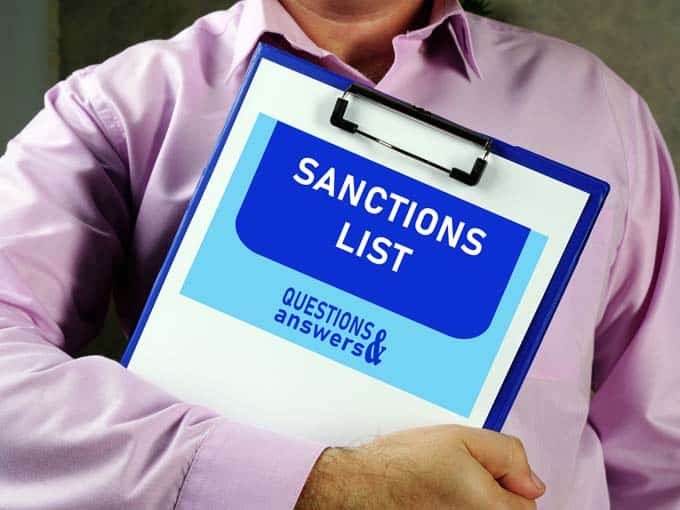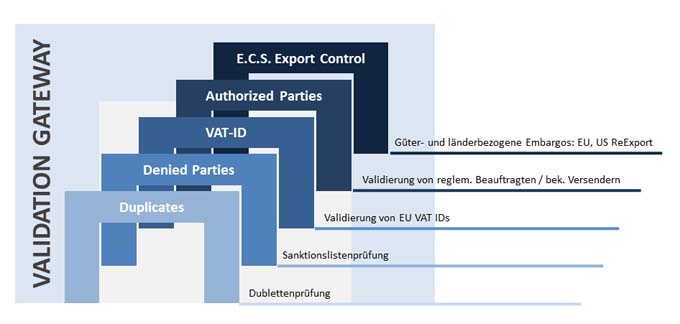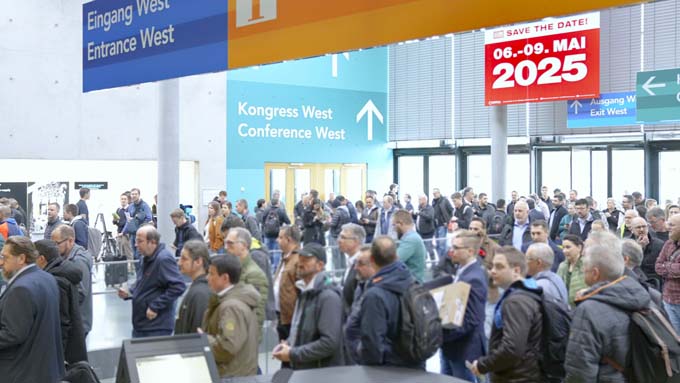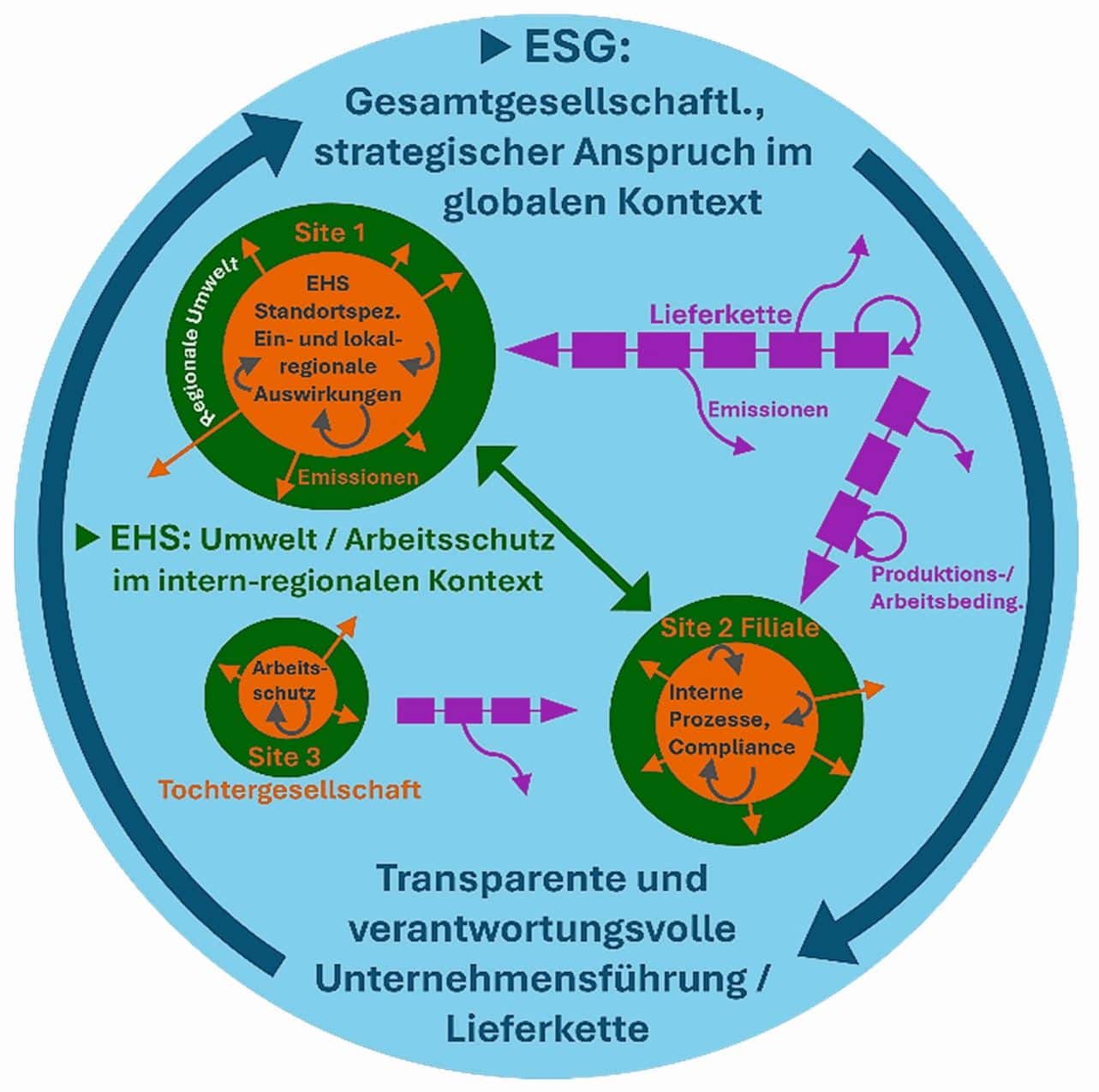Sanctions and Sanctions List Review in the Ukraine War
The Ukraine war makes it necessary for Swiss companies to pay greater attention to their sanctions list checks. They must carry these out regardless of size and industry in order to rule out the possibility that their partners and suppliers, as well as their personnel, are on international sanctions lists.

Sanctions lists instead of embargoes
While other countries immediately imposed sanctions, Switzerland initially held back - probably in the belief that, as a financial center, it would not have to impose sanctions against Russia so soon. But after strong protests, it now followed the EU's line. Sanctions lists were originally a reaction to the terrorist attacks of September 11, 2001. The UN Security Council obliged all countries of the United Nations to implement them with UN Resolution 1373/2001. This prohibits the provision of any economic resources, i.e., assets, services, goods or certificates, to terrorist organizations and individuals at home and abroad. These sanctions lists replace total embargoes on states and target companies, corporate networks and individuals. The U.S. issues sanctions lists through the Bureau of Industry and Security (BIS) and the Office of Foreign Assets Control (OFAC). In addition, there are lists from the EU, the UN and worldwide from countries such as Canada, Japan and Switzerland.Business possible - but not without sanctions list check
Now, the sanctions have not ruled out business with Russia per se, but they have made it significantly more difficult, and in some cases no longer practicable. Companies are faced with the choice of doing without Russian business or accepting risks and resistance. Since parcel services no longer deliver to Russia, exporting goods has become much more difficult. The restrictions on payment transactions are even more serious, as many Russian banks are on the sanctions lists. For business partners abroad, payment or receipt of money has thus become impossible. Without Swift and IBAN, trading partners can no longer access their money. Retail chains are going out of business in Russia because commercial transactions are no longer possible without a payment infrastructure. In addition, there are embargoes on items that may not be supplied as part of export controls. This means that even Russian companies not on sanctions lists are barred from items related to gas and oil production and machinery. This also applies to restrictions on the supply of luxury goods to Russia.All companies have a duty
All companies are affected by the sanctions list screening obligation - regardless of size, national or international business. They are obliged to carry out sanctions list screening for every business contact, regardless of the country in which the customer, supplier or trading partner is based. Swiss companies must screen their business partners and employees against their own Swiss list, but it also makes sense to consider the most important US lists.
Sanctions list screening needs software
Companies have always had to pay attention to the sanctions lists. Even before the war, the number of records, lists and updates was steadily increasing: in 2019, there were 30 lists and more than 110,000 records worldwide. In 2020, there were more than 600 updates. Since the start of the war, the number of updates on various lists has grown enormously once again - and with it the demand on the quality of the sanctions list check. At the latest, it is no longer possible to check randomly or manually. Leading in compliance software is the company Sapper from Kempen with its tool domino®. One has reacted to the new circumstances: Previously, all available lists worldwide were maintained on a daily basis for business partner screening - based on publications by the US authorities, the EU and other countries with their own lists. Now, Sapper transmits the current status of the sanctions lists to its customers several times a day, because today it can no longer afford a greater frequency. This customer service is unique, Sapper can provide the infrastructure for this tighter cycle of list updates. At Sapper, we're also noticing that existing customers who previously considered only a few lists necessary have increased their spectrum and added new lists. Sapper makes this possible within 24 hours. German companies with Russian subsidiaries have also woken up: The subsidiaries were often not adequately equipped - these processes are now coming under scrutiny.Permanent screening necessary
The sanctions list check is a challenge even without current conflicts. This is because a one-time comparison at the beginning of a collaboration is not enough. Companies must be able to prove throughout the entire business relationship that their partners are not on lists. Sapper's tool therefore automatically triggers new checks when updates are made. This also applies to applications that are fully integrated with SAP. Companies can thus be sure that they will know if business partners have ended up on a new list over the duration of the business relationship. For all business transactions that are mapped in the ERP, screening already takes place at the start of the workflow. CRM systems can also be connected to an early warning system. Ad-hoc checks ensure that business relationships with partners on sanctions lists are not initiated in the first place. Those business transactions outside of ERP, such as management activities like consulting contracts, LOIs, rentals and leases, asset sales and services can also be individually checked. The following applies to all: The audit must always be verifiable via reporting. In view of the large number of checks required, it is important to keep the error rate as low as possible. This is because business processes are blocked in the event of hits. The error rate of the domino® tool is 0.1 to 0.3 per mille. This low rate in combination with speed and accuracy represent the USP. The tool checks over 84 million transactions worldwide every day. The algorithm scans each word and letter individually and can thus compensate for hearing and spelling errors such as misspellings. Even if the quality of the lists is poor, it finds hits.Conclusion: Take sanctions list review seriously
Sanctions and the review of international sanctions lists have become more prominent in the minds of companies with the Ukraine war. They need to ensure that they do not have business relationships with listed individuals and organizations in order to avoid draconian penalties. This is only possible with modern software. Sapper's tool offers updating of the lists several times a day - so companies are on the safe side. Author: Marie-Helene Wessel is the managing director with power of representation of SAPPER INSTITUT GmbH in Kempten (Germany), manufacturer of the domino® software mentioned in the article. www.sapper.deThis article originally appeared on m-q.ch - https://www.m-q.ch/de/sanktionen-und-sanktionslistenpruefung-im-ukraine-krieg/









